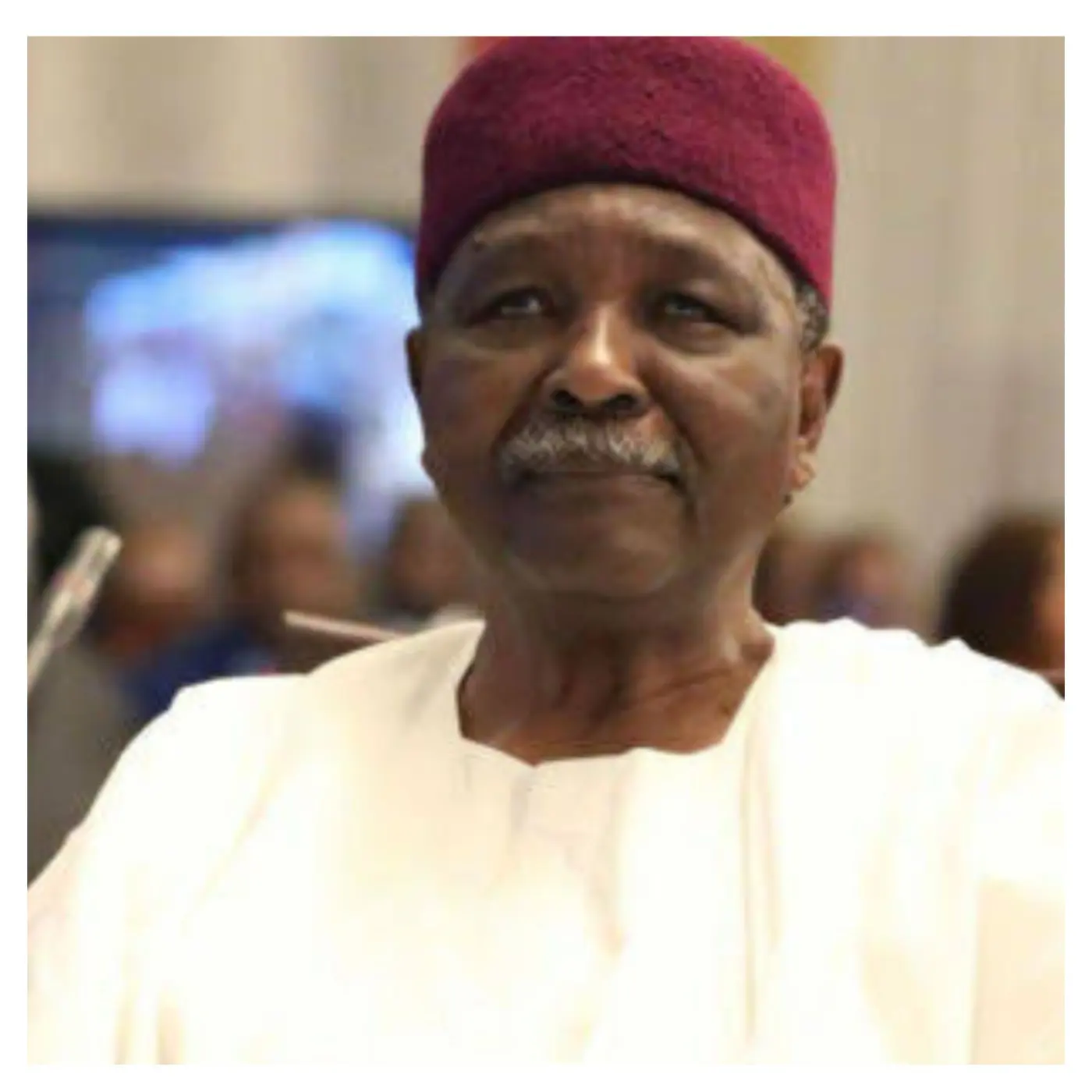
Former Nigerian Head of State, General Yakubu Gowon (rtd), has described the Nigerian Civil War, also known as the Biafra War, as the most painful chapter in the country’s history. Gowon, who led Nigeria through the conflict from 1967 to 1970, made the statement during a public engagement in Abuja on Wednesday, reflecting on the legacy of military involvement in governance.
While maintaining that the military played a crucial role in preserving Nigeria’s territorial integrity, Gowon acknowledged that the prolonged military rule had adverse effects on democratic development. “On one hand, the military preserved national unity during the civil war,” he said. “We built infrastructure, created states to bring government closer to the people, and at times restored order when civilian structures faltered.”
However, he admitted that military regimes came with serious drawbacks, particularly in terms of civil liberties and democratic growth. “I must acknowledge that military rule stifled democratic development, sometimes violated civil liberties, and created structures that enabled corruption,” he stated.
Despite these historical challenges, the elder statesman expressed optimism about Nigeria’s future, emphasizing the need for the military to play a more constructive role in building democracy. He highlighted the importance of a modern, technologically advanced, and intelligence-driven military in addressing the nation’s persistent security challenges.
Gowon also emphasized that Nigeria’s peace and economic development remain closely linked to the effectiveness and professionalism of the armed forces, adding that their role in national cohesion cannot be underestimated.
His remarks come at a time when Nigeria continues to grapple with issues of national unity, insecurity, and debates about civil-military relations in a democratic context.



